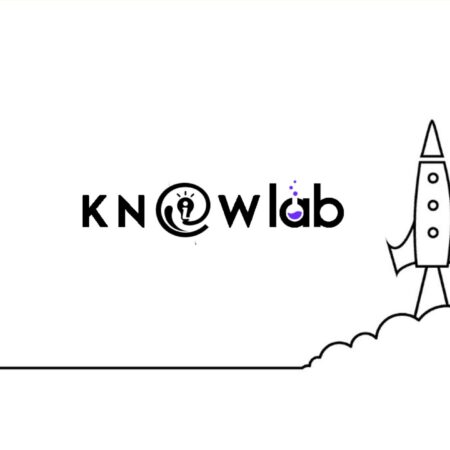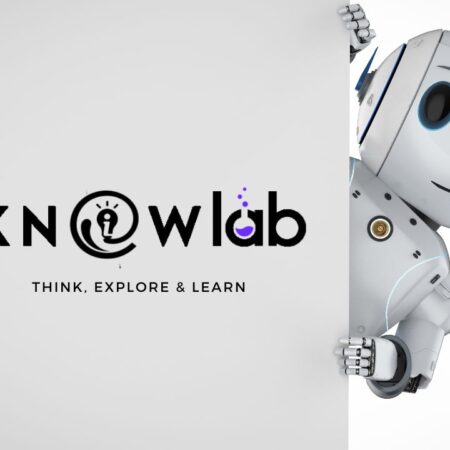
As parents, it’s natural to want the best for your children and help them achieve success in school. However, finding the balance between helping your child succeed academically and allowing them to develop crucial independent skills is vital as they enter adulthood. In this article, we explore four effective strategies to support your child in their adulthood during academic journey, while also nurturing their growth into responsible and self-sufficient adults.
Encourage Accountability and Time Management
Teaching your child the value of accountability and time management is essential in helping them succeed in school and transition into adulthood. Start by setting clear expectations and discussing the importance of staying organized and meeting deadlines. This can include using planners, calendars, or digital tools to track assignments and schedule study sessions.
Allow your child the space and freedom to manage their time, while also being available to offer guidance when needed. By doing so, you’ll help your child develop essential life skills that they can use both in school and their future careers. You can also help them create a designated space for studying at home to help with managing time wisely. You can contact a Charlotte roofing company to help make any home improvements whether that’s roof repair or new gutters.
Allow for Independence and Decision-Making
While it’s essential to be supportive and involved in your child’s education, it’s just as important to allow them space for independence and decision-making. Encourage your child to take responsibility for their academic work, from scheduling study sessions to seeking assistance from teachers or tutors when they need help.
Fostering a sense of independence in your child will help them learn from mistakes and develop resilience as well as critical life skills that they’ll need for success in adulthood. Guide them in making their own decisions, while being available for support and advice when they need it.
Give your child opportunities to problem-solve, think critically, and make choices that impact their academic success. This will help them develop vital decision-making skills that are crucial for personal and professional accomplishments in adult life.
Maintain Open Communication and Offer Emotional Support
One of the most crucial aspects in supporting your child’s academic success and journey toward adulthood is maintaining open communication and offering emotional support. Discuss the importance of honest and open conversations about their education, including any difficulties they might be facing.
Encourage your child to express their feelings and allow them to share their thoughts, concerns, and experiences in a safe environment. Offering emotional support and understanding can help your child navigate challenges and setbacks with confidence, a crucial skill they’ll need throughout life.
Being available to your child emotionally can also help build a strong parent-child relationship based on trust, respect, and mutual understanding. This foundation will continue to serve you both well as your child transitions into adulthood.
Support Their Academic Needs and Interests
It’s important to support your child’s academic needs and interests, helping them navigate the various subjects and educational paths available to them. This may involve providing additional resources, such as tutoring, online courses, or educational materials, to complement their school curriculum.
Be attentive to your child’s strengths and weaknesses, and encourage them to explore subjects they are passionate about. This will help them stay engaged in their education and develop a lifelong love for learning. In the case that they express interest in a controversial organization, research carefully. For example, you can do your research and let them know whether NSHSS scam or not, explaining that NSHSS is a legitimate organization.
Find opportunities for your child to learn outside of the classroom, such as extracurricular activities, clubs, or community events. These experiences can provide valuable growth opportunities and expose your child to new ideas and potential career paths.
Altogether, finding the balance between helping your child succeed in school and nurturing their growth into adulthood involves encouraging accountability, supporting their academic needs and interests, allowing for independence, and maintaining open communication. By implementing these strategies, you’ll set your child up for lifelong success and ensure they’re prepared to face the challenges and opportunities of adult life.




